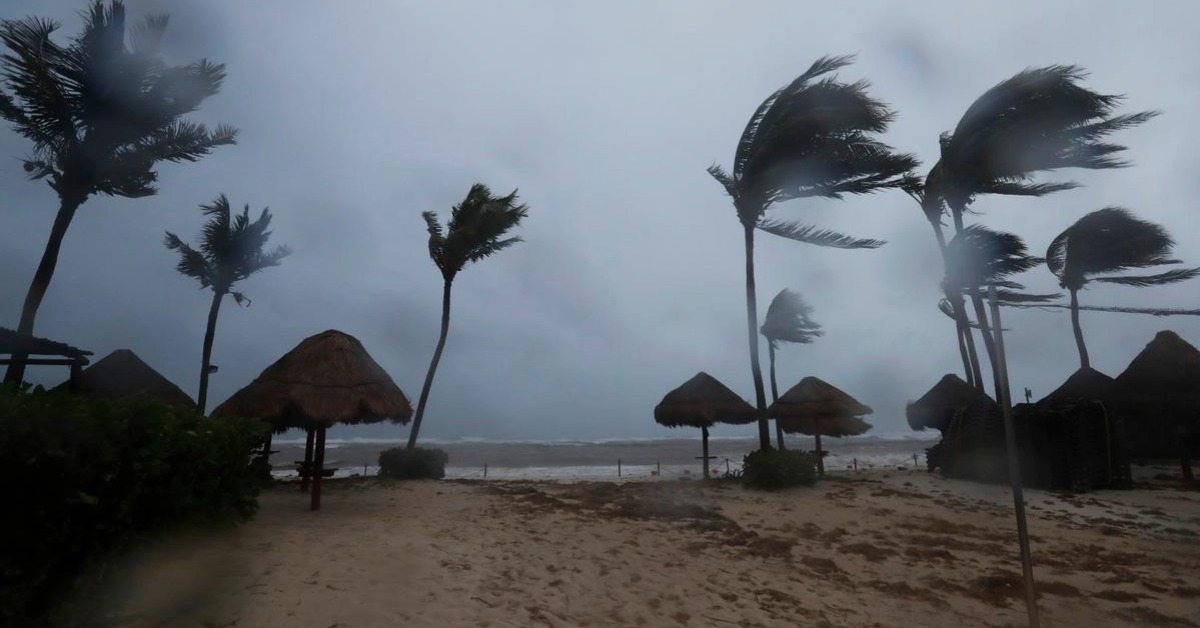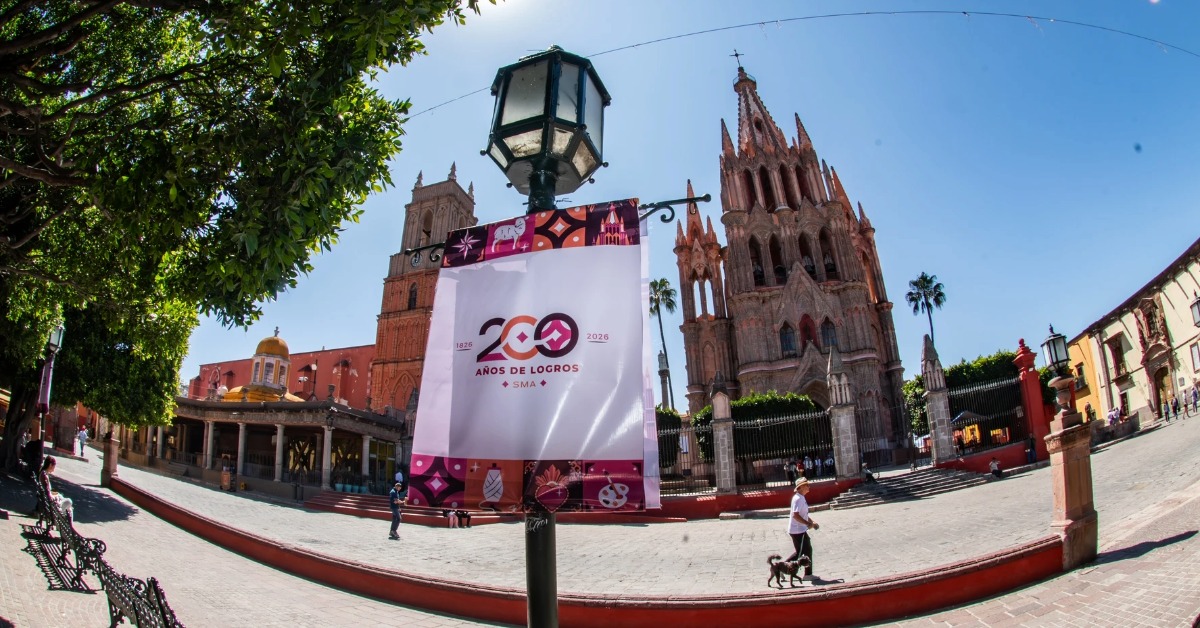Mexico has taken the lead at the UN on a new Arms Treaty Proposal that requires signatory countries to keep records of international transfers of weapons and to prohibit cross-border shipments that could be used in human rights violations or attacks on civilians, but critics say some major players remain on the sidelines.
The United Nations said the treaty would come into force on December 24 after eight more countries submitted their ratifications during the annual General Assembly, pushing the pact past the threshold of 50 countries.
Mexico has a keen interest in the treaty due to the black . . .





